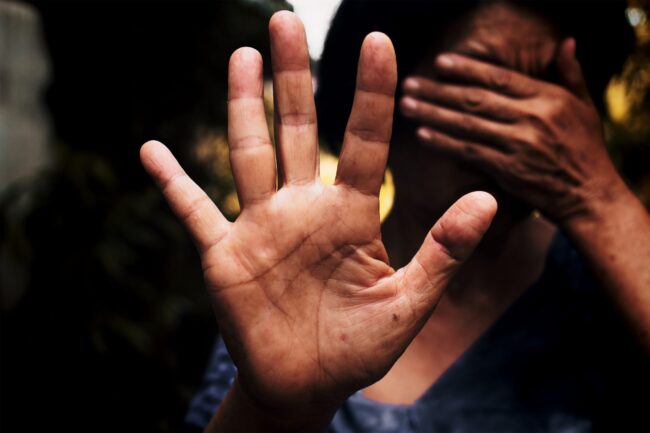Stakeholders at 2-day training have stated that a comprehensive strategy that takes into account men and boys as victims of sexual violence should be given mention in order to eradicate gender-based and sexual violence in Nigeria.
Speaking at the training and mobilisation for community-based organisations, nongovernmental organisations, and community-based organisations in Ibadan, the Monitoring and Evaluation Officer of the Centre for Comprehensive Promotion of Reproductive Health (CCPRH), Mr Emmanuel Yelotan, said men and boys too also experience sexual violence, but it is often undermined by masculine norms.
The training was organised by the Oyo State Government in collaboration with the United Nations Population Fund (UNFPA) and the Centre for Comprehensive Promotion of Reproductive Health to build capacity towards networking and awareness on sexual and gender-based violence in Oyo State.
Mr Yelotan said boys and men, like persons with disabilities, are vulnerable to sexual and gender-based violence, and it is a call to ending sexual and gender-based violence through a holistic approach, inclusive of both males and females.
He asserted that addressing the root cause of sexual and gender-based violence rather than its consequences is important to ending the different forms of violence in Nigeria.
According to him, “The culture allows certain things; society pardons men for doing some illicit things, whereas the opposite is the case for the female gender. But right from childhood, we should instill in our children, whether male or female, that violence is not allowed and anyone that engages in it, regardless of the gender, will face the consequences.
“So, any intervention to end sexual and gender-based violence must have a complete involvement of both male and female. We keep empowering the girl child; it is high time we pay attention to boys, too. Sexual and gender-based violence is not only experienced by girls; also boys experience it.”
Read Also: 30% of Nigerian women face gender-based violence — Women Affairs Minister
A legal practitioner at the Oyo State Ministry of Justice, Mrs Modupe Awosenusi, quoted the World Health Organisation estimates that one in three women globally experience physical or sexual violence.
According to Mrs Awosenusi, Nigeria has a high incidence of sexual and gender-based violence influenced by socio-cultural, economic, and legal factors, noting that the community is vital in phasing out its different forms in our society.
State Reproductive Health Officer working with Oyo State Primary Health Care Board, Mrs Balikizu Olawoye, in an overview and consequences of female genital mutilation, said it is also a form of gender-based violence whose consequences can be in the course of the mutilation, immediately or months after the mutilation.
According to her, long-term consequences of FGM include infertility, painful sexual intercourse, a prolonged duration of delivery, keloid formation in the genital area, a vesicular vaginal fistula, and a broken relationship.
